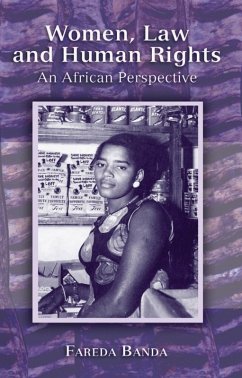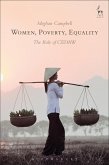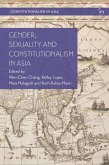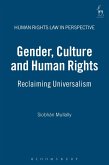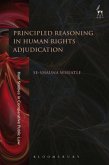Africa, with its mix of statute, custom and religion is at the centre of the debate about law and its impact on gender relations. This is because of the centrality of the gender question and its impact on the cultural relativism debate within human rights. It is therefore important to examine critically the role of law, broadly constructed, in African societies. The book focuses on women's experiences in the family. This is because the lives of women continue to be lived out largely in the private domain, where the right to privacy is used to conceal unequal treatment of women which is justified by invoking 'custom' and 'tradition'. The book shows how law and its interpretation is used to disenfranchise women, resulting in their being deprived of land and other property which they may have helped to accumulate. It also considers issues of violence within the home, reproductive rights and examines the issue of female genital cutting. The role of women in development is explored as is their participation in politics and the NGO sector. A major theme of the book is a consideration of the linkages of constitutional and international human rights norms with local values. This is done using feminist tools of analysis. The book considers the provisions of the Protocol to the African Charter on Human and People's Rights on the Rights of Women which was adopted by the African Union in July 2003.

